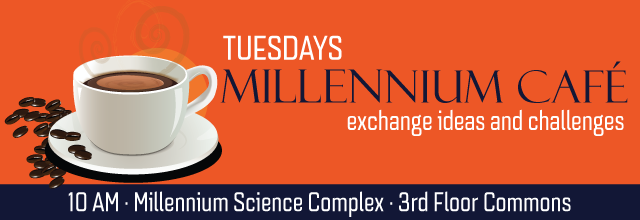My approach to mentoring and advising PhD students has remained largely unchanged over the past decades, with a focus on developing critical thinking, challenging published work, forming and testing hypotheses, and advancing knowledge and discovery. However, accomplishing these goals requires continual adaptation to the technologies students use to obtain and process research information, which have changed dramatically over the past 30 years—from the internet and search engines such as Google to today’s AI-based tools like ChatGPT. To remain effective, PhD advisors must recognize how deeply AI has been integrated into the way that students access, interpret, and synthesize information, and how this integration necessitates changes in mentor–student interactions. In this talk, I discuss the challenges and opportunities AI presents for making advising and mentoring time more efficient, while avoiding pitfalls and preserving the central goals of doctoral training: cultivating independent critical thinkers and enabling meaningful, impactful discoveries rather than following a path toward bland accomplishments.
Bruce Logan | Director, Institute of Energy and the Environment

